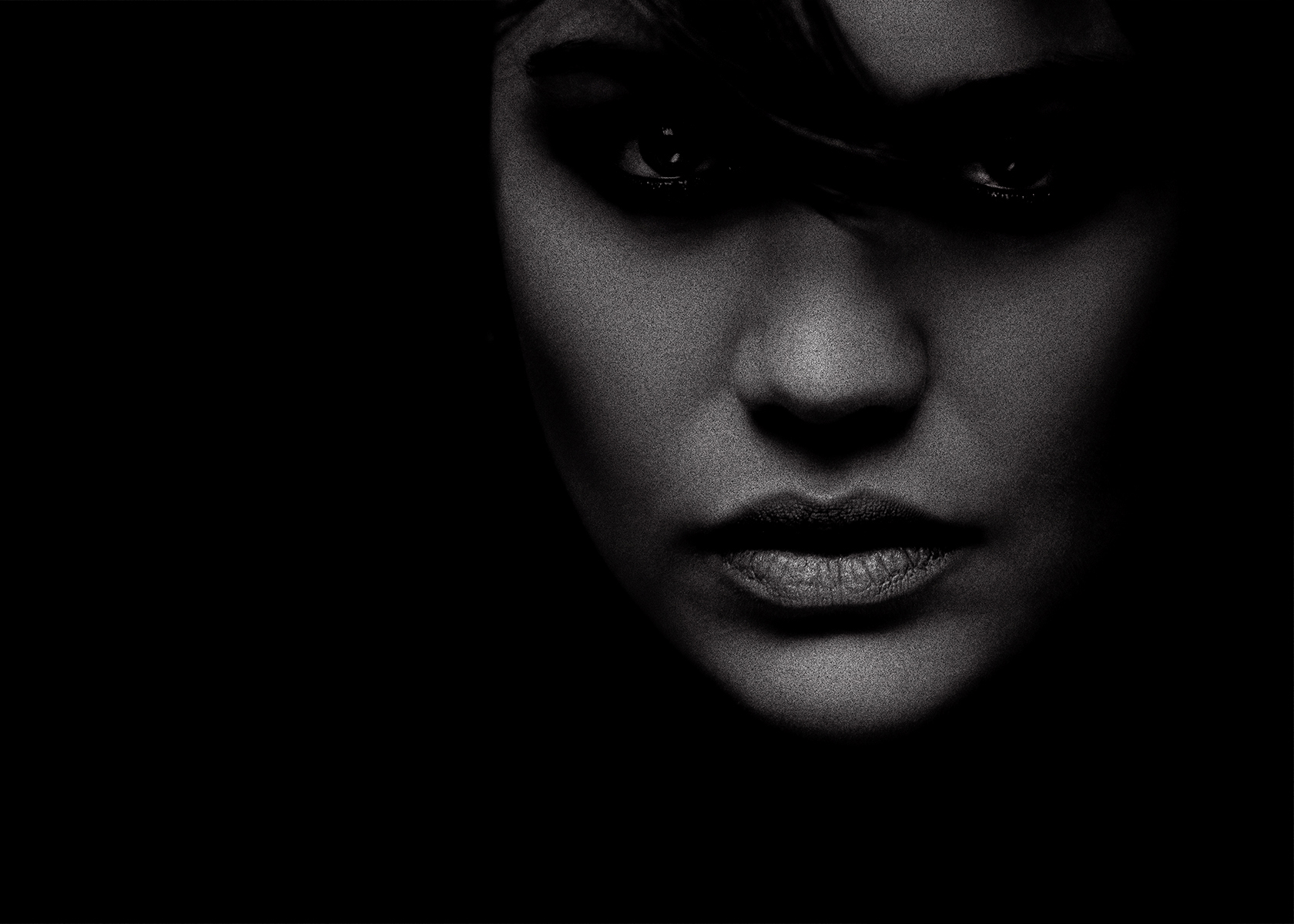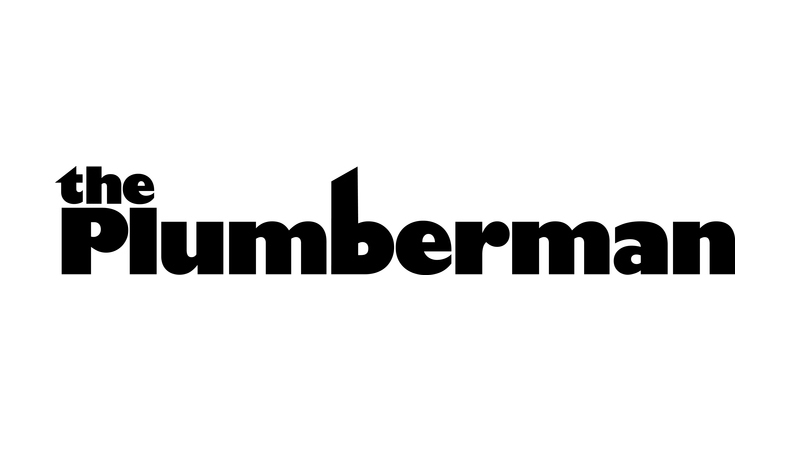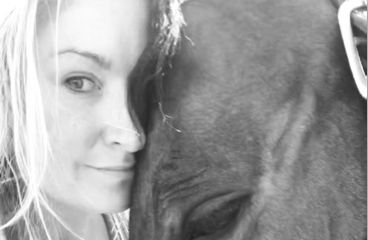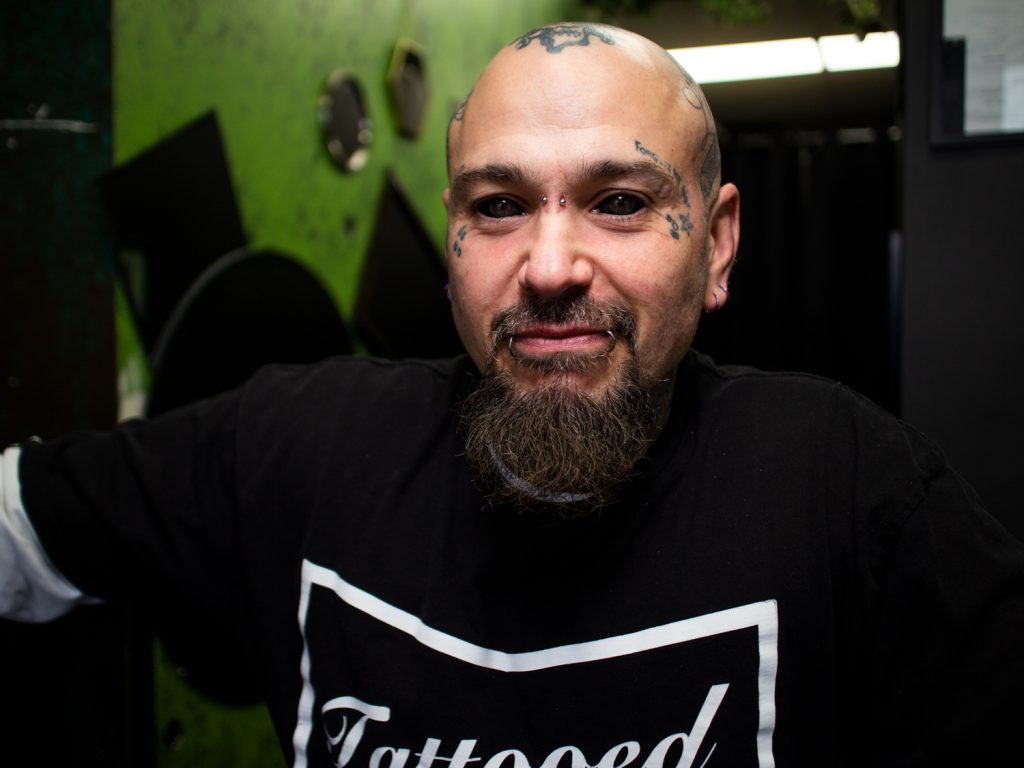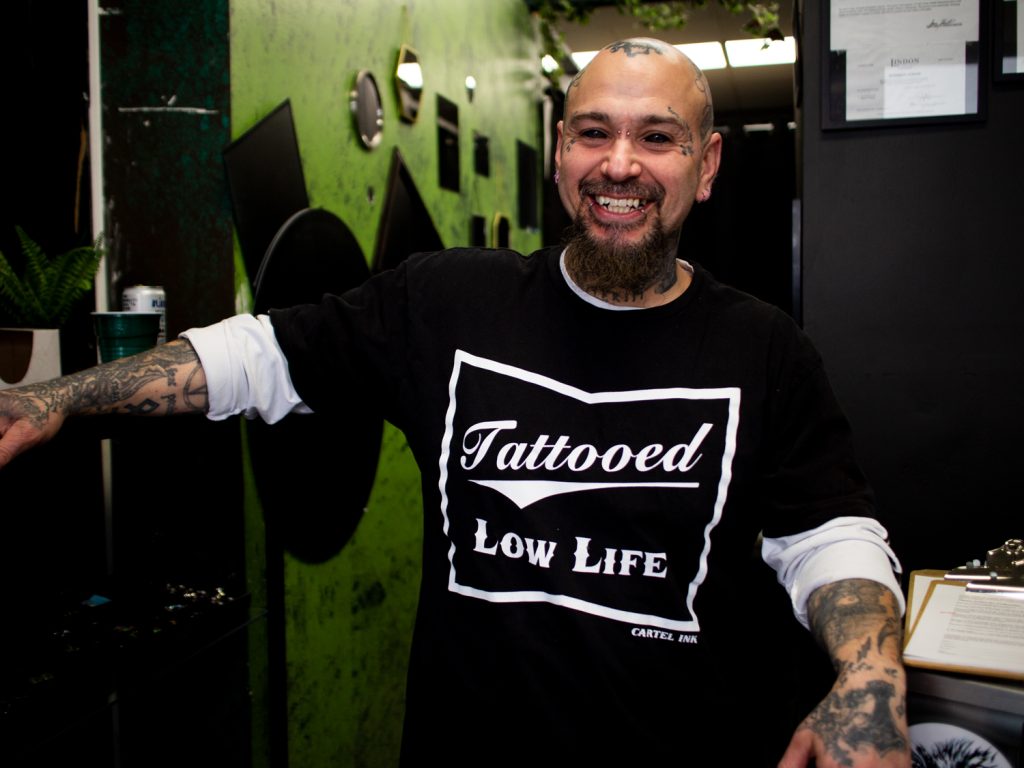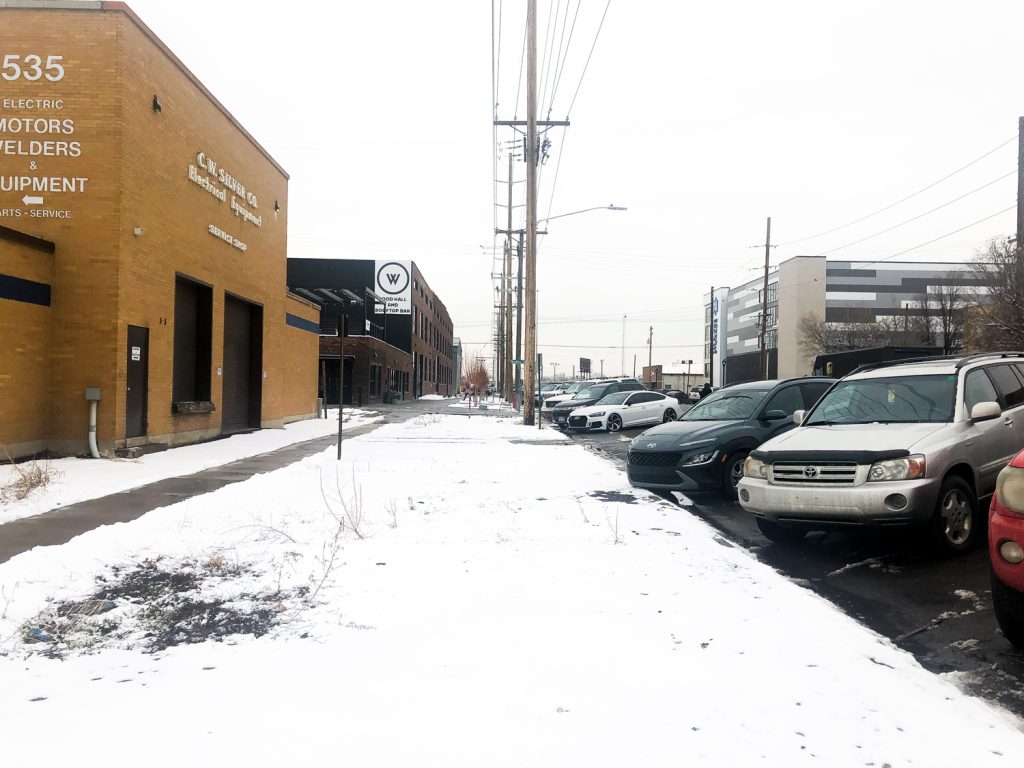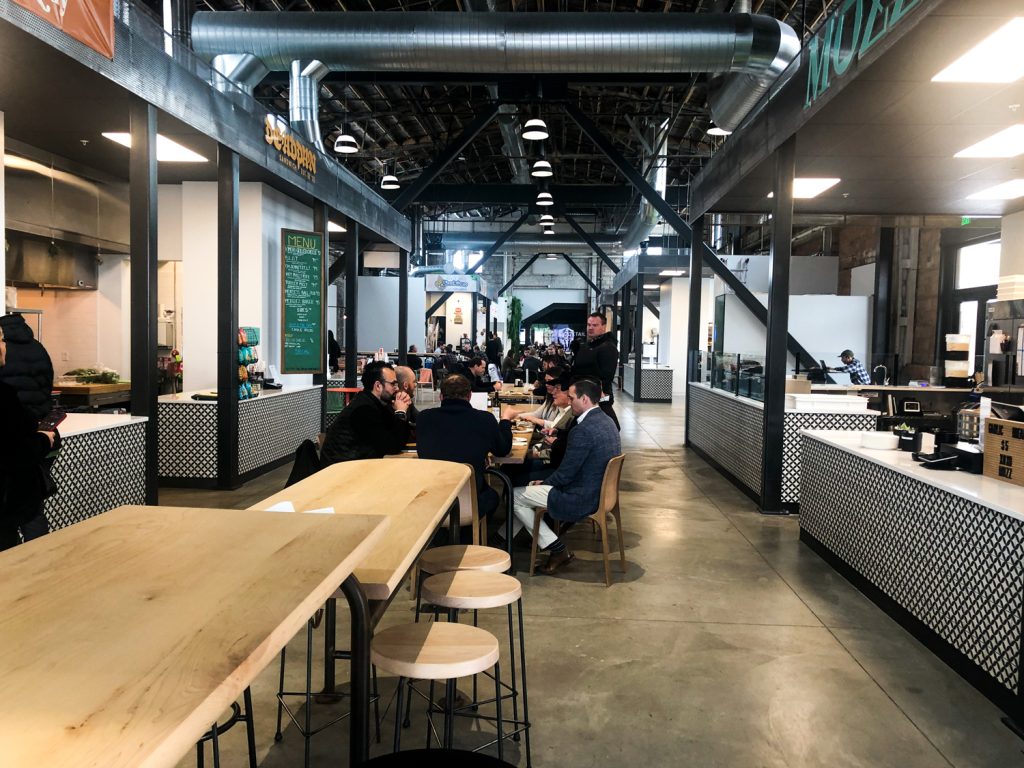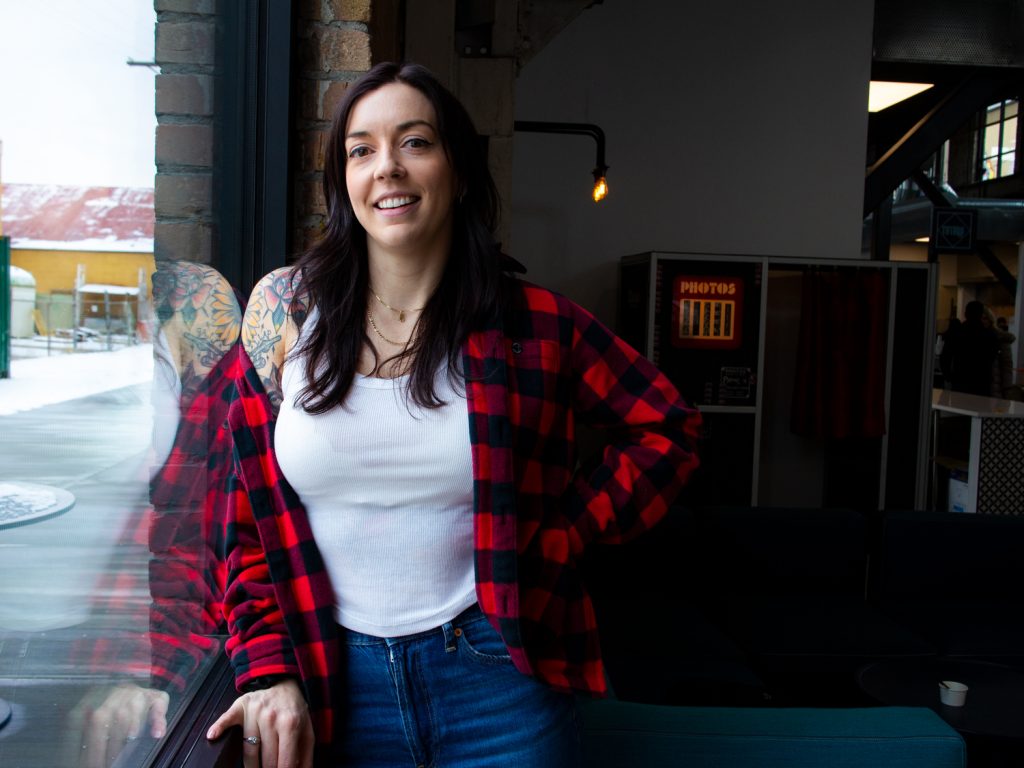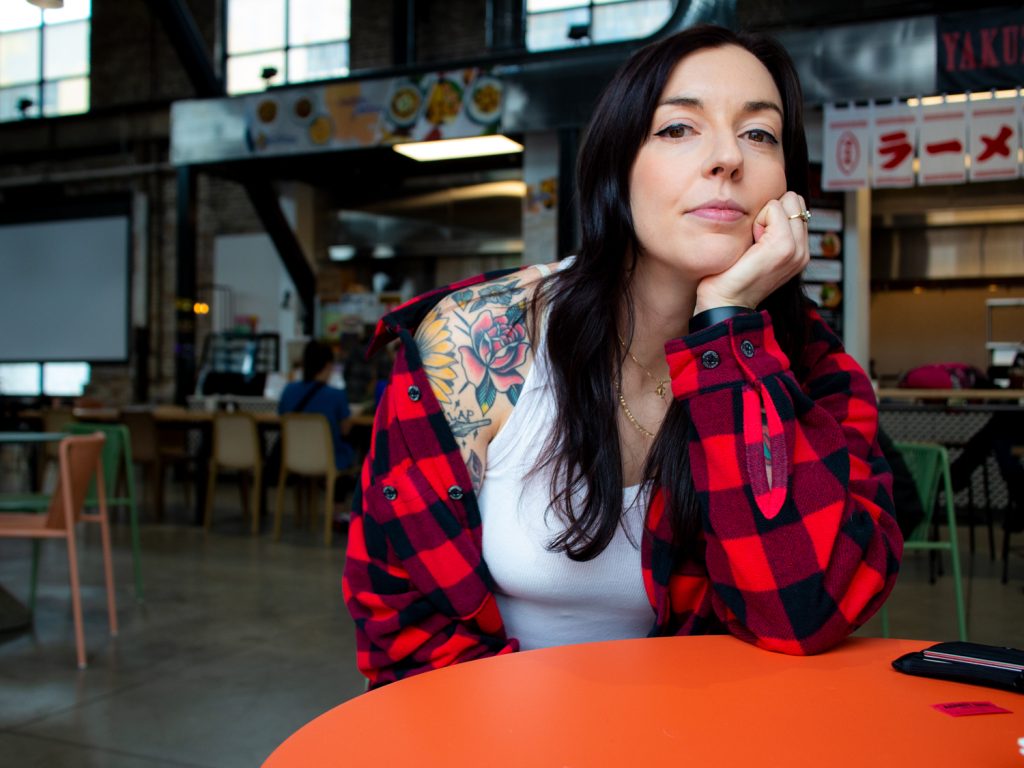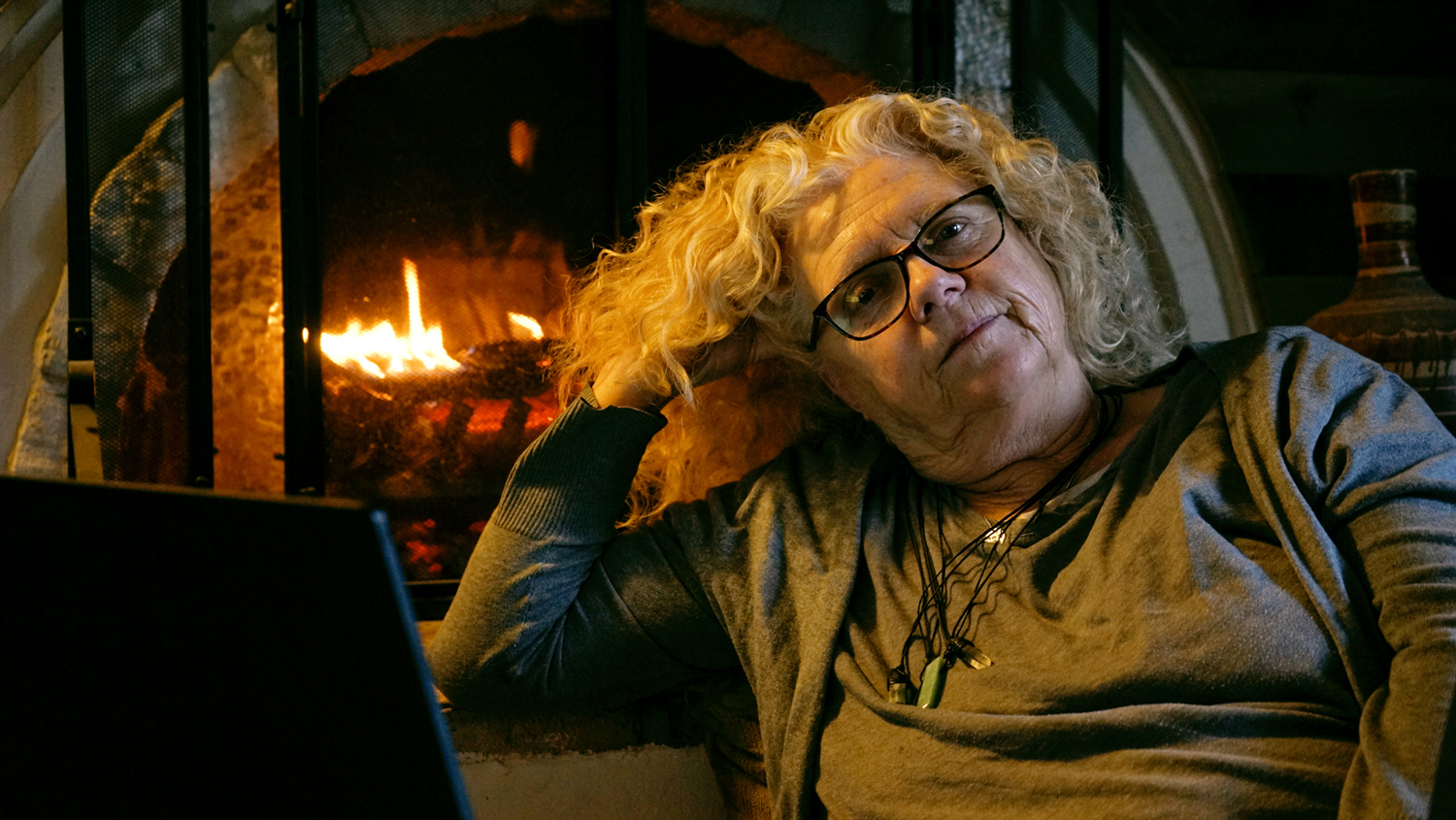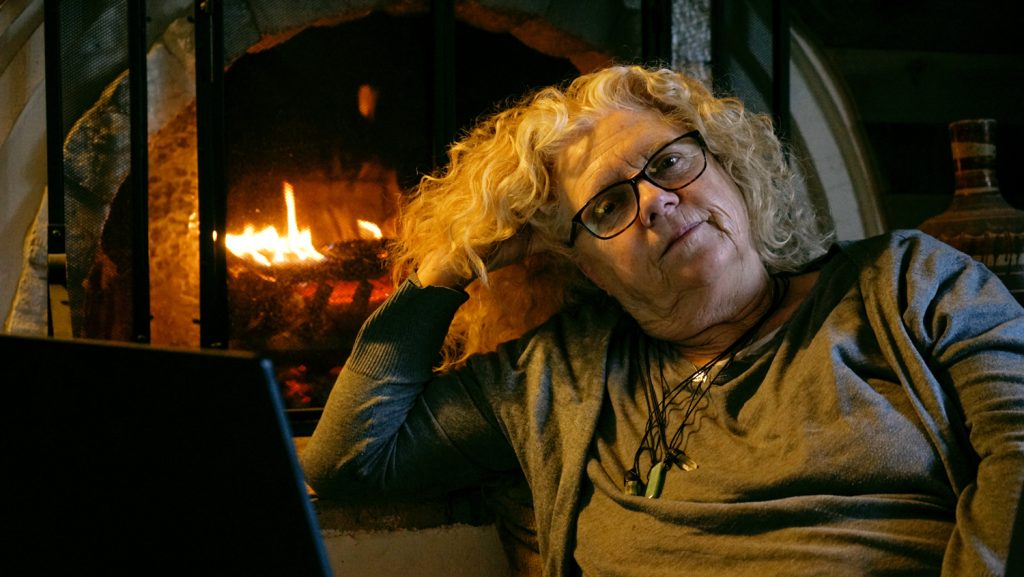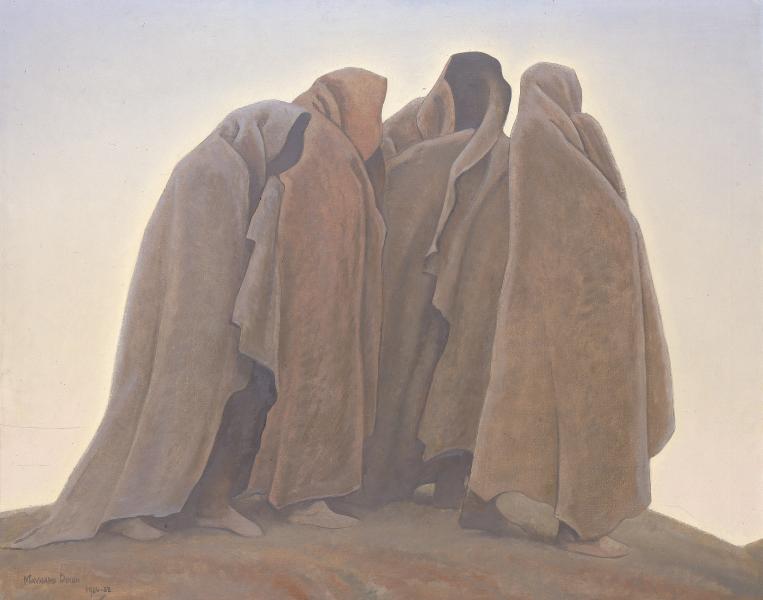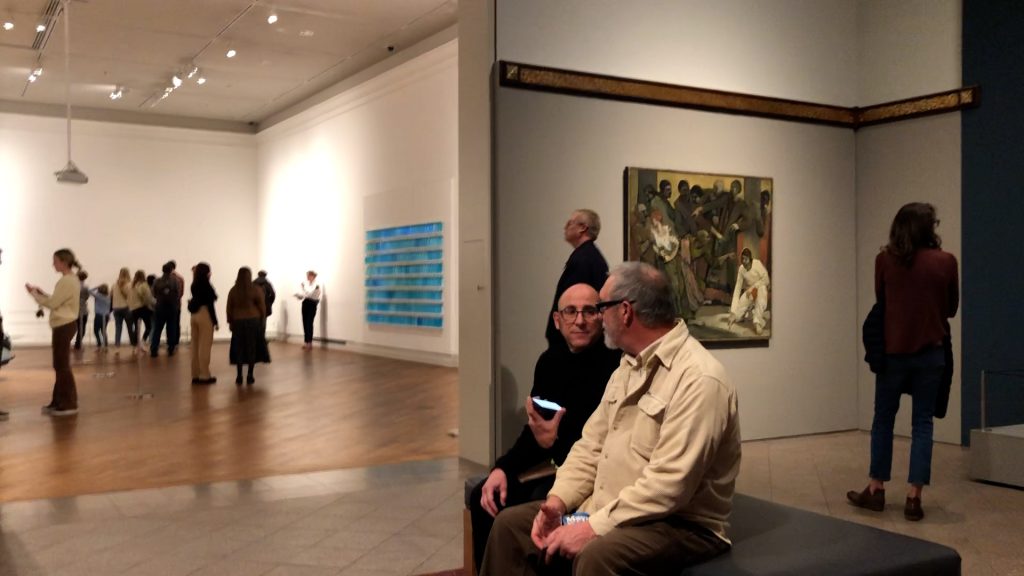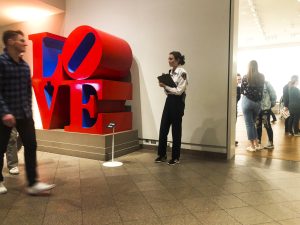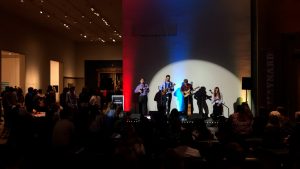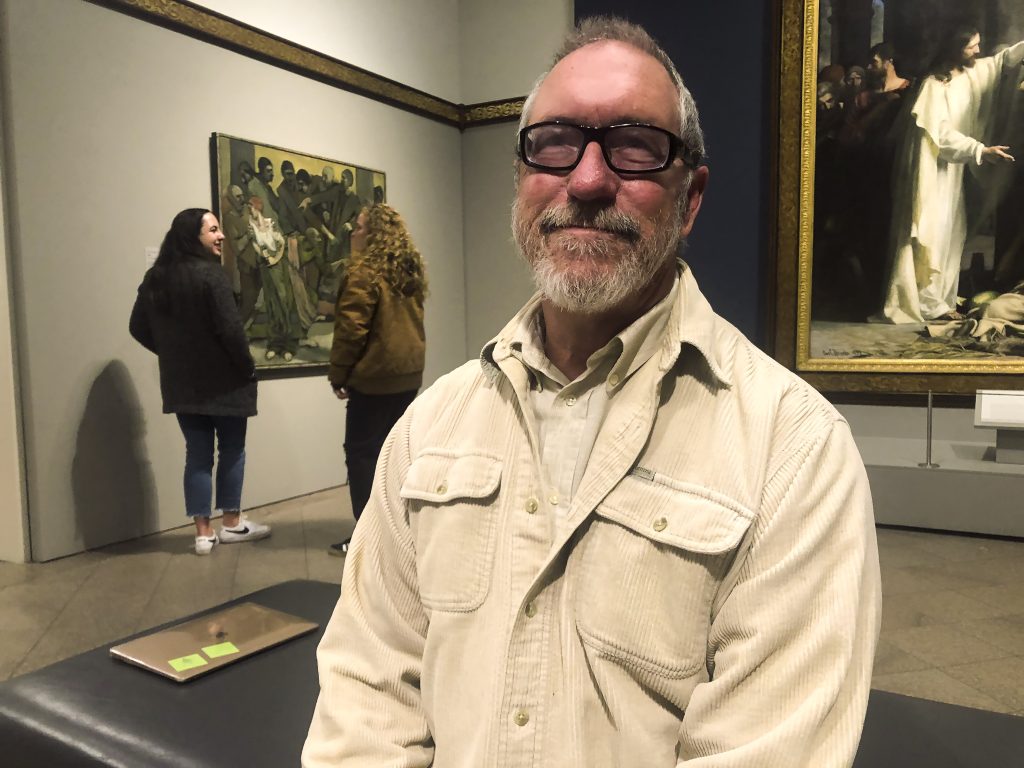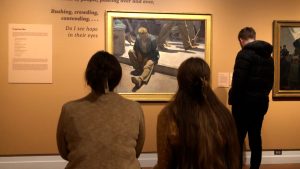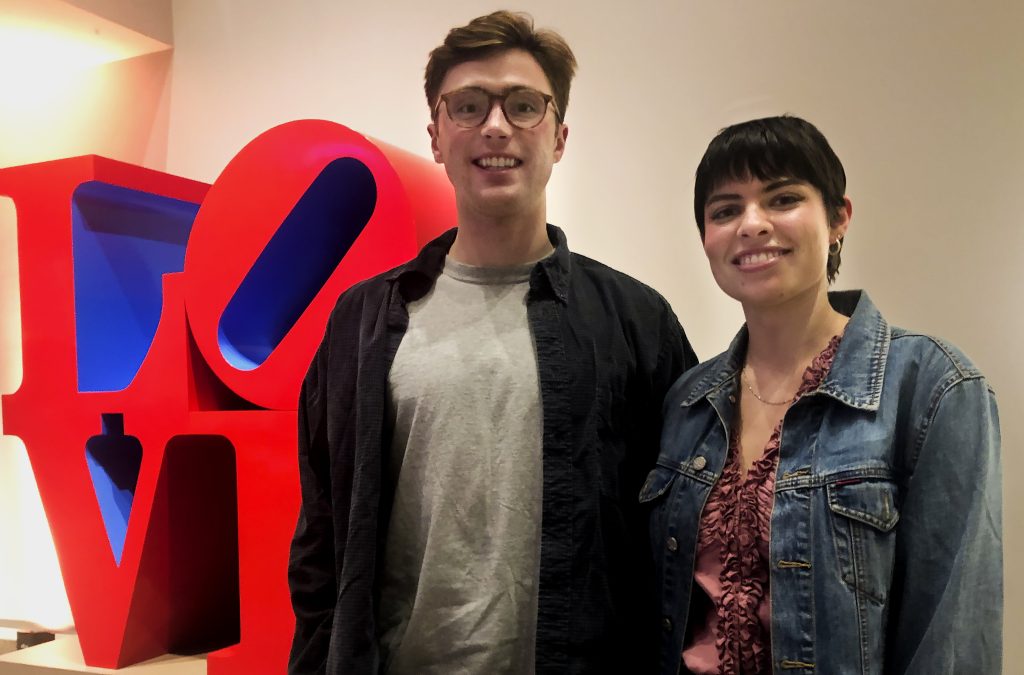“I’m a prideful person. I like to boast,” Freddie tells me, “you know. I like to be front and center. I think I’m a showoff.” But as he does, I counter. Are you prideful, or are you confident?
He stands on pride:
“So like, okay, check it out. This studio is Pride Tattoos. You know, people like to show who they are and they write it with pictures like tattoos.
Why? It’s the rawest form of self-expression if you have to speak one word to somebody. Now, a lot of times you can be wrong, but you can pretty much gather what somebody is about by their tattoos. To me that is prideful.
Like, feeling pride in how you look and how you portray yourself. Pride, that’s my thing. Like, it’s not something to overcome. Because I don’t find any problem with it. Yeah, I think it can be taken too far sometimes. But I am who I am, and like it or hate it, it doesn’t matter.”
I push a little more with the confidence/pride comparison.
He deepens his perspective:
“I think pride is pride in who I am. And I am proud to be that person. I stand by people like me.
I get these young artists here, they’re learning, right? And they’re all like timid and all this stuff. And then you have a seasoned artist, they’re like, Yeah, whatever. And there’s confidence there. They found themselves. The new ones. They’re still finding themselves. I think once they find themselves, that’s when they get that confidence. But the pride, it’s just that I love my family name, where we came from, and that’s pride for me.
I know who I am. And I think that’s prideful because I don’t want everybody to know who I am, but to respect my journey here, and because of that, I respect everybody else. Yeah.”
Per that pride in family, and amidst his informing me about the gambling addiction his parents had, and although they are now gone, he credits them with the love and stability he feels inside. And not trying to grandstand his name and story, I have to let you know that, whenever I called him a good man, he looked away from me. A response that I identified with, for in my opinion, in all of us can be found regret, shame, and shortcoming. Yet, in the mind of this blogger, this is the stuff that makes us equally human. Able to find compassion toward our neighbors. That is; if we choose to do so.
“My mom, when she would cook dinner for us, it was for my father, myself, and my mother. You know. All my brothers and sisters were moved out. But when she cooked, she cooked enough for 20 people. And then when my friends came over, she fed them. So that’s the kind of attitude I have.
I had a very good relationship with my parents. It didn’t matter what I did. They supported the shit out of me. They had my back always. Yeah, yeah, I miss them. I wish I could do some bad shit to give my father and my mother a hug now. Just. Yeah.”
I ask, what are you living forward with your children, even the youth of the world?
“I’d rather have them be risk takers and experience some shit rather than never experience it at all, and then be blind to what’s going on around them.
I tell them, just ask questions. Don’t take everything at face value. Ask why, where, when, who, and how. Then if you can answer all those questions, you have the truth.
Yeah. Like we give them the information they need. Without information, you can’t accomplish anything.
Then I let them go. I’ll just let them loose and tell them what I expect. I’m saying, don’t do this, but go ahead, make a name for yourself. Do what you do! Be you! I think if that would have been done for me, I would have done some shit differently.
There was one time my son goes when I picked him up from school, I hate that guy. I was like, Whoa! hold on! I was like, Does he know that? He goes, What? You said you hate him. Does he know that? He goes, No. I said, well if you want, go tell them that you don’t like him.
Squash that. You know, I’m saying there’s no reason to walk around with hate for somebody that you don’t even know.
You get more bees with honey than vinegar.
I just want my kids to be healthy, and I want them to be happy. I couldn’t ask for anything else and let them decide what they do, who they want to be, and how they want to get there. And I’m here if I can help them a little bit. Give them some advice.”
